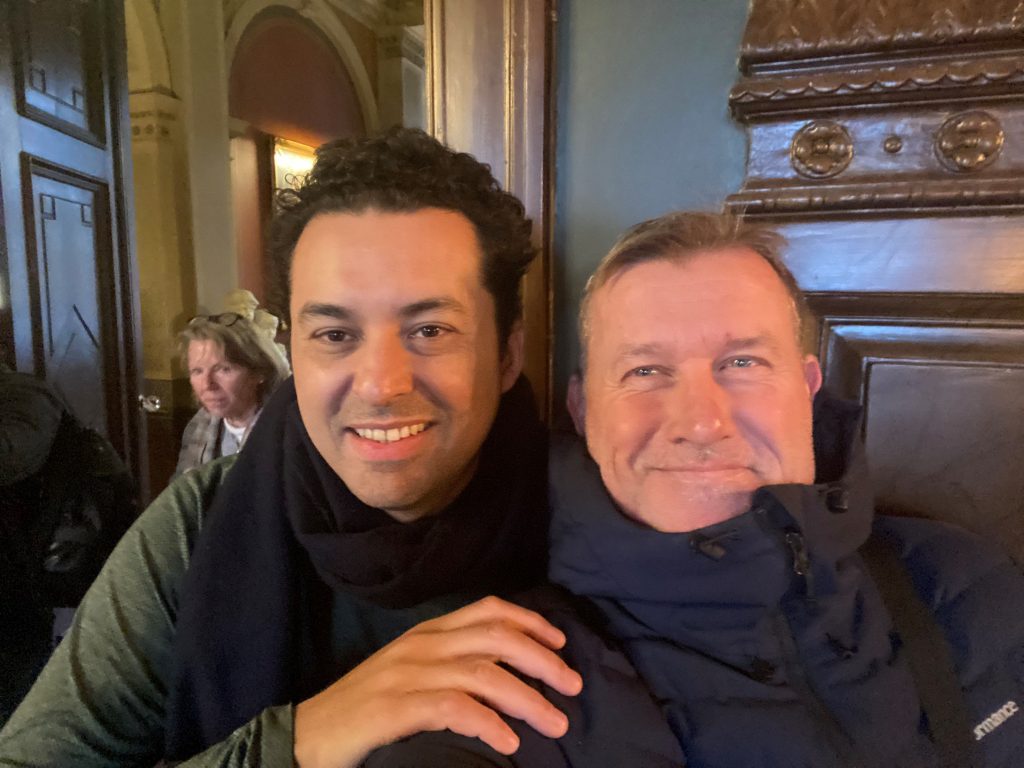For the fifth Pandemics & Society Seminar of our Spring 2024 series, we are pleased to welcome Sergi Basco (Universitat Barcelona). The seminar will be held on Thursday, 2 May at the normal time (1600 CET). More information about our speaker and the presentation is below. You can sign up for email notifications about the seminar series, including the Zoom details, here.
Abstract (and link to paper)
Despite being one of the deadliest viruses in history, there is limited information on the socioeconomic factors that affected mortality rates during the Great Influenza Pandemic. In this study, we use occupation-province level data to investigate the relationship between influenza excess mortality rates and occupation-related status in Spain. We obtain three main results. Firstly, individuals in low-income occupations experienced the highest excess mortality, pointing to a notable income gradient. Secondly, professions that involved more social interaction were associated with a higher excess of mortality, regardless of income. Finally, we observe a substantial rural mortality penalty, even after controlling for income-related occupational groups. Based on this evidence, it seems that the high number of deaths was caused by not self-isolating. Some individuals did not quarantine themselves because they could not afford to miss work. In rural areas, home confinement was likely more limited because their inhabitants did not have immediate access to information about the pandemic or fully understand its impact due to their limited experience handling influenza outbreaks.
About the Speaker
Sergi Basco is Associate Professor of Economics (with tenure) in Universitat Barcelona. He received his PhD in Economics from the Massachusetts Institute of Technology (MIT). His work focusses on understanding the effects of globalization and economic crises. His academic work has been published, among others, in Journal of Economic Growth, Journal of International Economics, European Economic Review, Journal of Economic History, Explorations in Economic History, World Development, and Economics and Human Biology. He has published the books Housing Bubbles: Origins and Consequences (Winner of the Catalan Society of Economics Prize 2020) and Pandemics, Economics and Inequality: Lessons from the Spanish Flu (joint with J. Domènech and J. Rosés).


